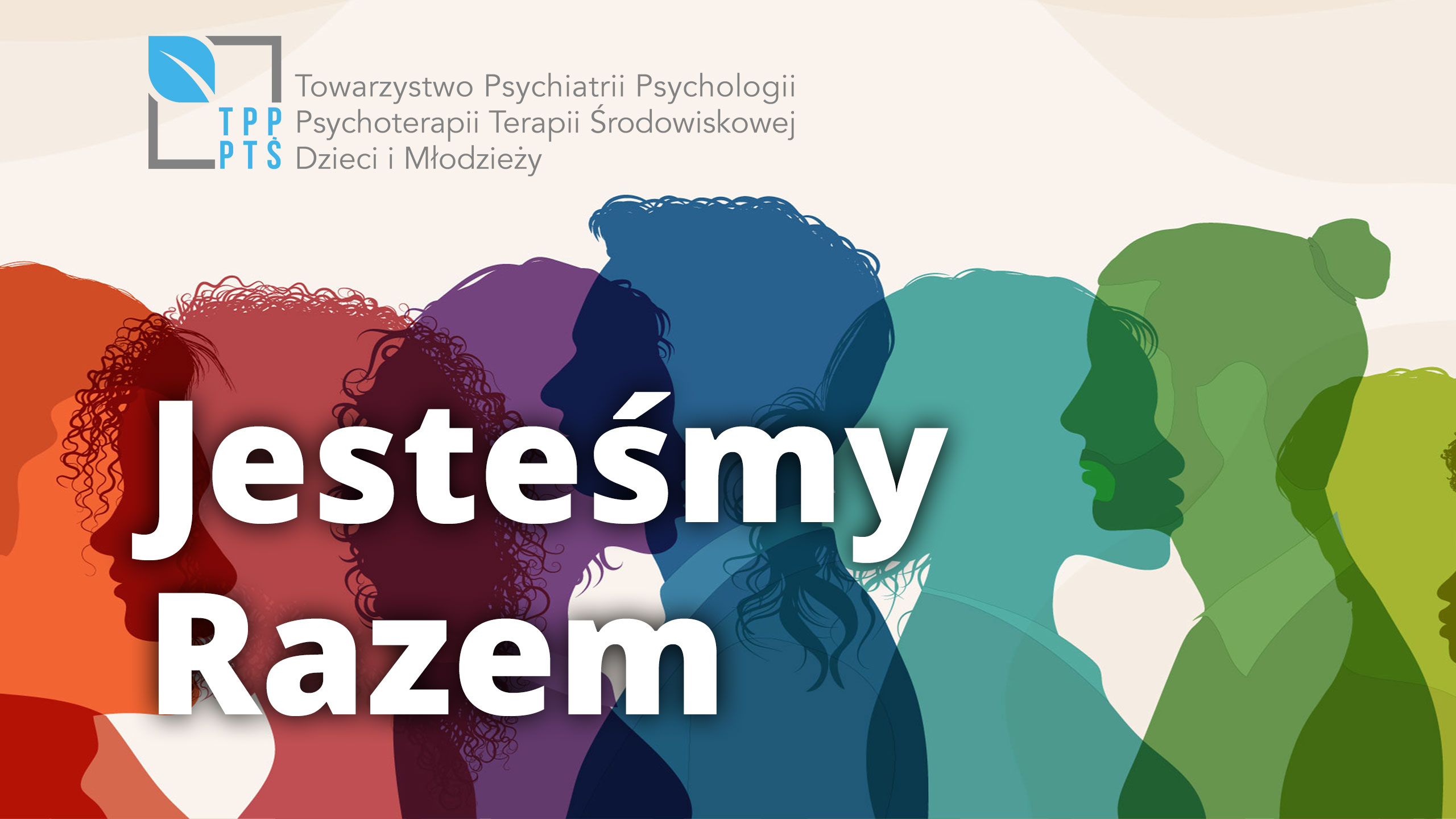The dignity of the child in a psychiatric hospital
Błażej Kmieciak1, Agnieszka Gmitrowicz2
 Affiliacja i adres do korespondencji
Affiliacja i adres do korespondencjiThe right to respect the dignity of children using medical services in psychiatric units is regulated among other by the Patients’ Rights act and the Patients’ Rights Ombudsman act, Physician and Dentist Professions Act and the Medical Ethics Code. Although since 1994 the Mental Health Protection Act has existed, some information appears about the violation of the dignity of the child in psychiatric hospitals. Material and methods: Analysis of the information obtained from different sources (the media, the Internet, from patients and/or their legal guardians, peror Psychiatric Hospital Patients’ Ombudsman) allowed to draw up a list of repeated situations in psychiatric units for children and adolescents where the dignity of the juvenile/minor patient may be violated. Results: The most frequently reported issues are: reduction of the minor/juvenile patients’ access to “privileges” (such as direct contacts with colleagues), lack of privacy (such as controls in toilets and bathrooms), irregularities during the use of direct coercion, lack of regular access to a mobile phone, the Internet, stereo equipment, lack of juvenile/minor patients’ consent for treatment (including the double permission), engaging the patients to cleaning work, and medical staff’s interventions of educational and corrective character (the patients perceive this as the use of penalties). Discussion: It was found out that the reaction of a minor/juvenile psychiatric unit patient or her/his carers to the detachment from her/his surroundings, favourite activities or things, and educational interventions are related to precise determination of diagnostic and therapeutic procedures and rules prevalent in the group, privileges, consequences, and application of behavioural effects in the form of negative reinforcements (so-called penalties) and positive reinforcements (rewards). A strong response to infringement of the rules may be perceived by the patients as a violation of their rights. Particularly important in such situations is the way the dialogue with the patient is conducted, besides the patient has to be informed about the consequences of infringement of the norms and rules. This should be reflected in the rules of the psychiatric unit. Furthermore, special importance within the respect for the dignity of the minor/juvenile patient in the psychiatric unit is ascribed to the use of a long-term direct coercion in case of a patient with severe mental impairment and/or autism, strongly agitated, aggressive or self-aggressive. The principle of the respect for the dignity of the patient requires notification of the patient, regardless of her/his condition, about the planned activities, immobilization of the patient in the near presence of the other staff, personal analysis of the patient’s health condition by the physician who ordered or prolonged the coercion (every 4 hours), by the nurse (control of the condition – every 15 minutes). However, the use of direct coercion and adherence to the principle of “the least disturbance” do not reduce the patient’s discomfort. Introduction of additional detailed executory rules does not eliminate the conflict between the respect for the dignity of the patient and the effectiveness of undertaken activities, the patient’s safety, the other patients’ comfort and multilateral staff encumbrance.




















